- Work Hard
- 17th Jun 2023
- 1,010 Views
- 0
- 1 minutes
Award-winning photographer Joanne Coates on her quiet rebellion against inequality

For North East native Joanne, photography is a way to bring hidden stories into the light – and then challenge why they were overlooked in the first place.


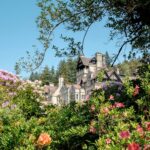
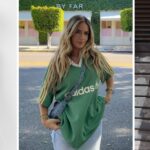

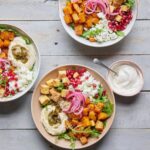

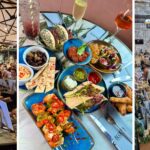

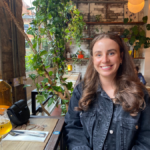
Comments